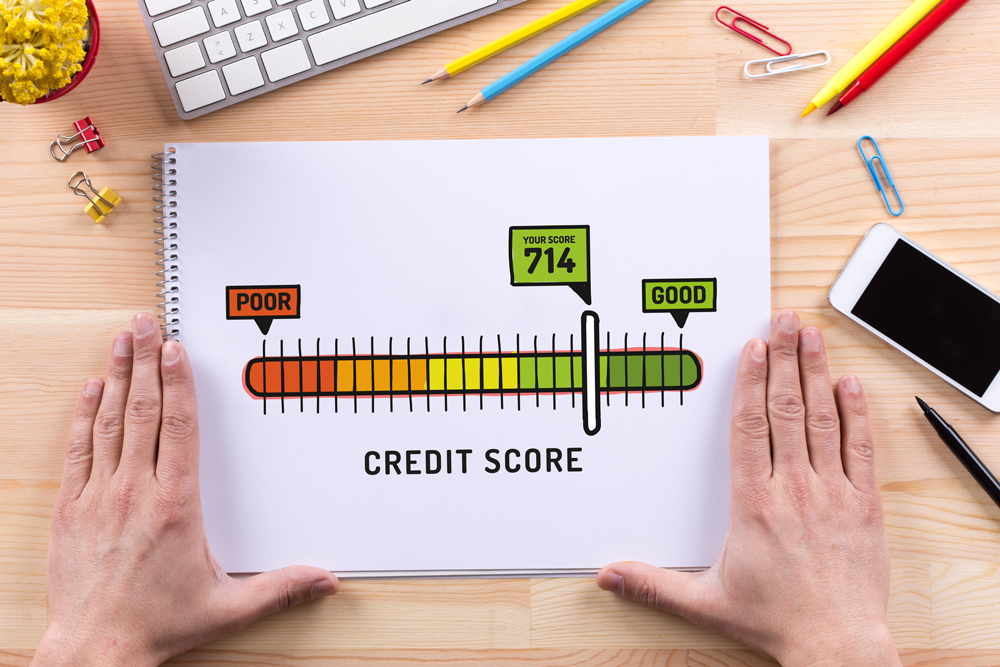An ideal world would be the one where everyone has enough capital to fulfill all their needs. In reality, most of us have to rely on borrowing system to meet our goals. This gap between expectation and reality is bridged well by banks and NBFCs. These financial institutions bombard the prospective customers with alluring loan offers through various modes of marketing, such as emails, SMS, and personal calls. Some commit to provide the lowest interest rate, while others promise quick disbursals. The truth is, taking a home loan is easier said than done. Getting a loan sanctioned can be a tedious task with overwhelming paper work and endless document verifications. There are other financial aspects that also need consideration, before applying for a home loanBefore getting into the financial spectrum, here are some of the technical terms you must get acquaint with to avail home loan for your dream abode
Principal Amount
The loan amount stipulated by the applicant for home loan.
Down Payment
Down payment amount is 15 to 25 percent of the purchase price. It varies from lender to lender and also financial credibility factors, like borrower’s capital credit history, current income, etc.
Types of Interest Rates
Fixed Interest Rate & Floating Interest rate are the two types of interest rates that exist. Fixed Rate implies that the rate on home loan remains the same for entire tenure, unaffected by market happenings. While, Floating Rate suggests that the rate varies periodically.After gaining an understanding on the terminologies important to the home loan arrangement, let us now discuss the golden tips that need to be considered before taking a home loan
Borrow smart
The first tip for borrowers would be to borrow smart. This means opt for a principal amount that is easy for you to repay. Banks provide different alluring options to you, but you must stay mindful of your specific requirement and ensure that the loan-to-income ratio is within acceptable limits.

Rigorous Research
Self-research must be well incorporated. Make an effort to indulge in extensive research before applying for a home loan. You should make an effort to choose whether to indulge in floating rate loans, or fixed rate loans. Often, borrowers choose a combination of the two for a limited time period.
Affordable EMI amount
Don’t be baffled by the availability of plenty home loan options, affordability is one factor that needs to be assessed by the applicant. You must be comfortable with the monthly EMI amount that you will have to bear for impeding time. Before deciding an EMI amount, consider all the expected expenses along with the unforeseen ones in addition to emergency expenses, and only then make the choice of EMI amount.


Decide Tenure
Repayment Tenure and the EMIs go hand-in-hand. A longer tenure is inversely proportional to the EMI amount & directly proportional to interest rate. It is advised to opt for short repayment tenure with higher EMIs, only if your budget allows.
Credit score assessment
CIBIL score consideration is imperative. Credit score or CIBIL score must be more than 750 for you to be liable to procure better rate of interests on home loan. A decent credit score provides considerably higher chance of quick loan processing.


Insurance Cover
You must consider purchasing an insurance cover that will cover the loan amount. This is advised so that, in case of an unforeseen mishap, your family is not saddled by the debt in your absence. As the lender holds the authority to take over your home if your dependants fail to pay the EMI.
Be mindful of additional charges
Banks may levy on the borrower some additional charges. These must be discussed well with the lender. Gain a perspective over, whether the charges are monthly or one-time. If the charges are monthly, then you have an added expense to cater other than EMI, and you must plan your budget accordingly.

Before you zero in your choice for the preferred loan company you must ensure that you are thorough with all the Loan documents. Since there may exist some important clause, terms & conditions that you might miss out on. With all the aforementioned tips, the hefty task of seeking home loan is simplified.
Loan On Phone, as the name suggests acts as your home loan consultant, with a mission to surpass your loan expectations and provide you the much needed help in procuring the loan on competitive terms. Loan On Phone takes pride in helping clients realize their property aspirations. To know more, contact us now and get the best loan offers with us.





